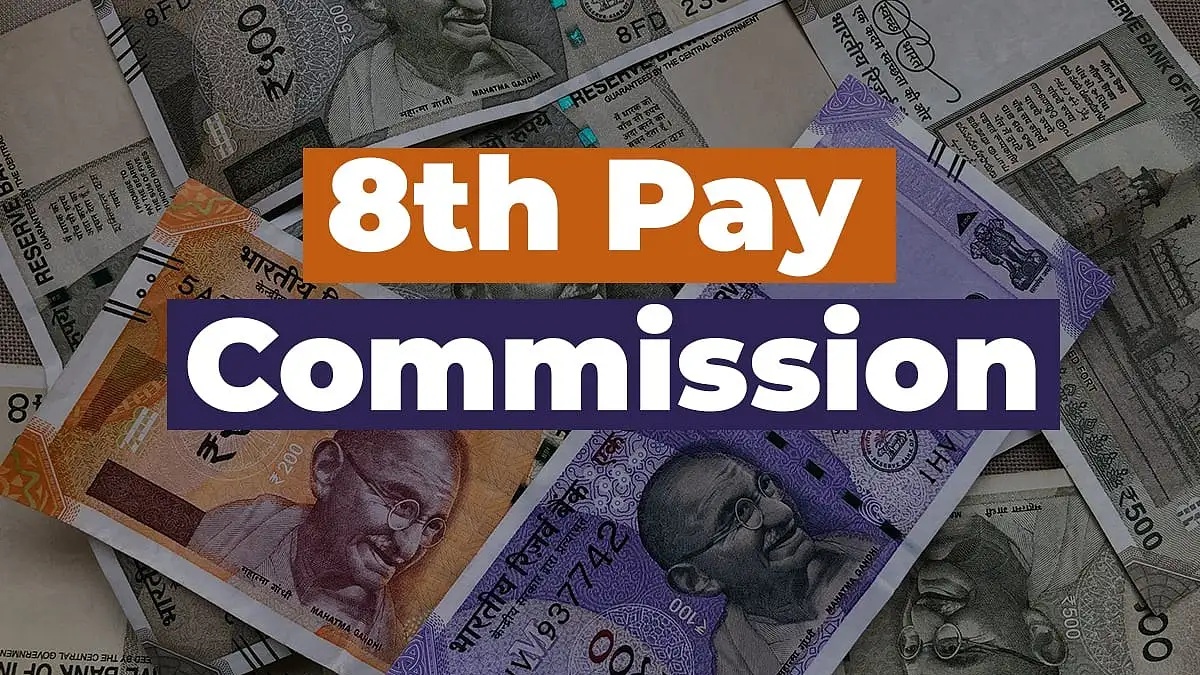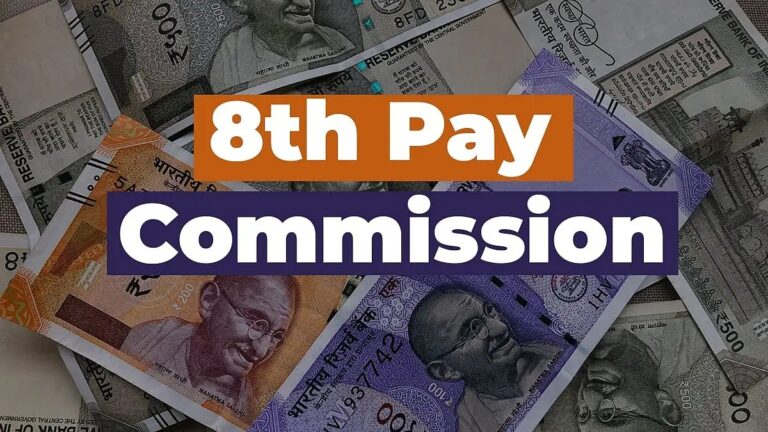
Central Government Employees Await 2026 Salary Hike Despite Commission Delay
The 8th Pay Commission’s proposed salary and pension revisions for central government employees and retirees face a critical juncture as stakeholders push for an effective implementation date of January 1, 2026, despite ongoing delays in the commission’s formal establishment. Shiv Gopal Mishra, secretary of the National Council-Joint Consultative Machinery (NC-JCM) staff side, emphasized that the 10-year cycle from the 7th Pay Commission’s 2016 rollout should dictate the 8th Commission’s timeline. While the union government has yet to finalize the commission’s structure, Mishra argued that the salary hike must take effect retroactively, ensuring employees receive arrears as seen in the 7th Commission’s case. This stance comes amid growing pressure from employee unions to expedite the process, as the current delay risks undermining the commission’s credibility and employee morale.
Historical Precedent and Government Approval Process
Historically, pay commissions have taken approximately 18 months to draft recommendations, followed by 3-9 months of government scrutiny before final approval. The 7th Pay Commission’s 2016 implementation, which included a July 1, 2016, effective date with January 2016 arrears, serves as a blueprint for the current debate. Mishra highlighted that the 8th Commission’s Terms of Reference (ToR) must be approved swiftly to avoid further delays. Despite the Union Cabinet’s January 2023 nod to form the commission, the lack of clear timelines has left employee representatives in limbo. The NC-JCM, comprising senior bureaucrats and union leaders, remains a key negotiator, ensuring that the final recommendations align with both administrative and employee interests.
Fitment Factor and Financial Implications for Employees
Analysts predict the 8th Pay Commission’s recommended fitment factor—a multiplier for basic wages—could range between 1.8 and 2.46. While this factor directly impacts salary calculations, its effectiveness is tempered by the reset of dearness allowance (DA) to zero upon the new pay structure’s implementation. This means employees might experience a temporary reduction in overall compensation, prompting calls for transitional measures. Mishra’s advocacy for January 2026 as the effective date underscores the need to balance administrative delays with employee welfare, ensuring that the final payout reflects the full implications of the revised pay scales.
Stakeholder Deliberations and Policy Implications
Once the 8th Pay Commission is formally constituted, it will engage in extensive consultations with the NC-JCM and other stakeholders to determine the exact modalities for salary and pension revisions. These discussions will address critical aspects such as arrears calculations, fitment factor application, and the integration of dearness allowance adjustments. The commission’s recommendations will also need to account for regional disparities and the unique challenges faced by different employee groups. Mishra’s insistence on adhering to the 10-year timeline highlights the broader policy implications of delayed implementations, including potential erosion of public trust and the need for transparent, timely governance in public sector reforms.
Broader Context of Pay Commission Reforms
The debate over the 8th Pay Commission’s timeline reflects a larger conversation about the efficiency and responsiveness of public sector reforms in India. With the 7th Pay Commission’s 2016 rollout serving as a benchmark, the current delay raises questions about bureaucratic inertia and the capacity to meet employee expectations. The NC-JCM’s role as a mediator between the government and unions underscores the complexity of balancing administrative processes with the immediate needs of a vast public workforce. As the commission moves closer to its final stages, the focus will shift to ensuring that the proposed revisions not only align with fiscal realities but also provide meaningful relief to employees, reinforcing the importance of timely and equitable policy implementation.



